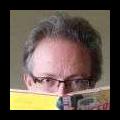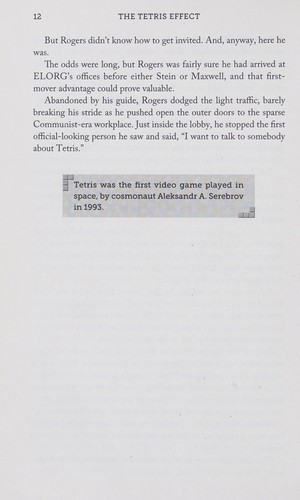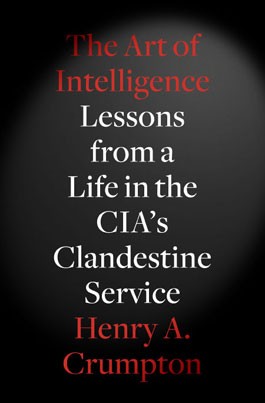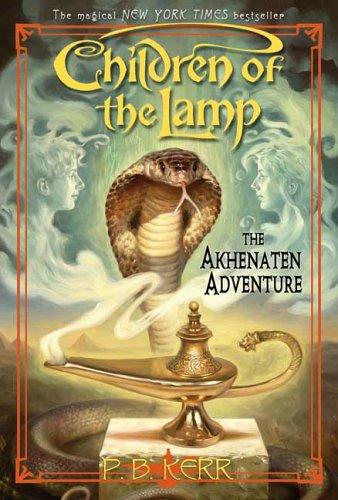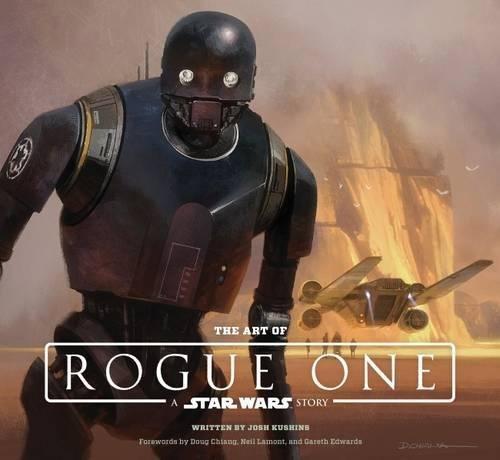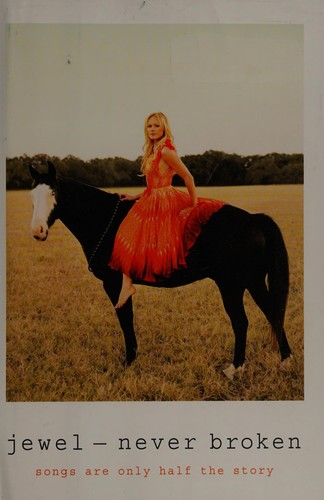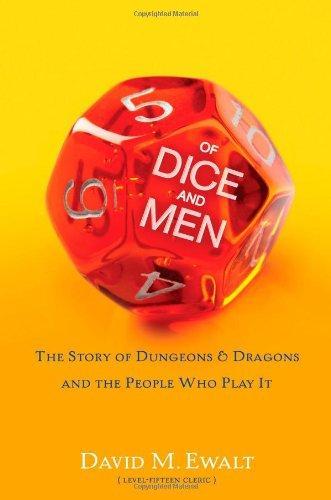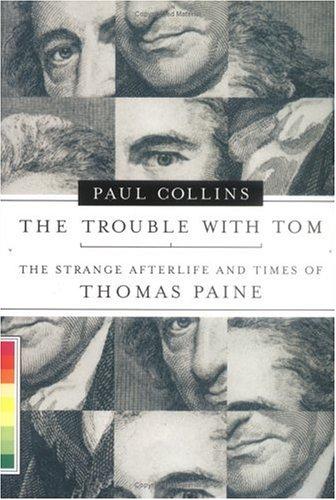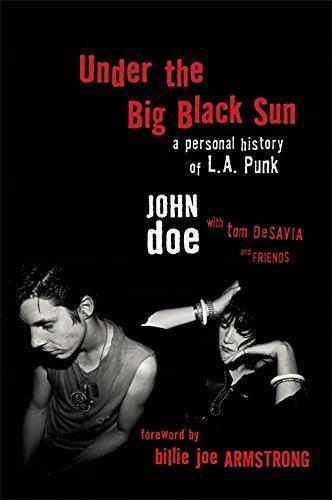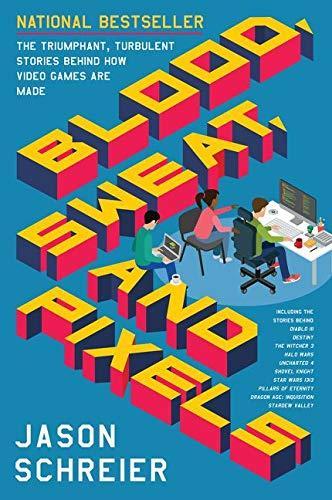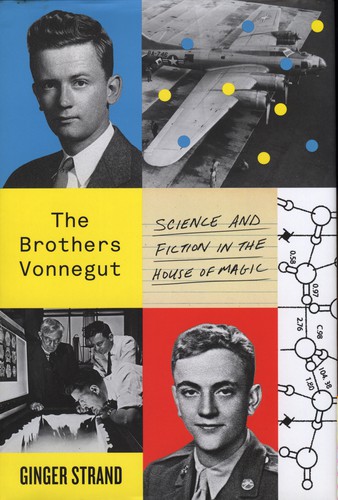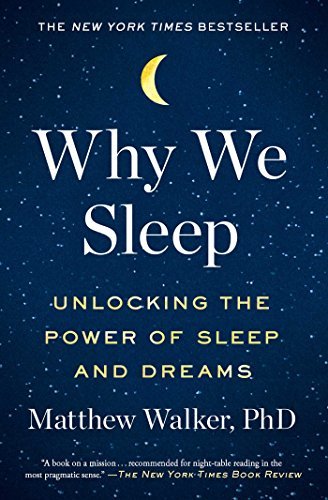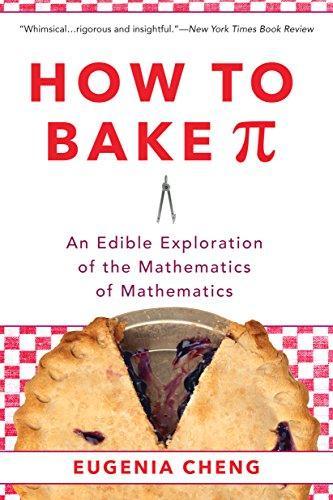Thom reviewed The Tetris effect by Dan Ackerman
Review of 'The Tetris effect' on 'Goodreads'
2 stars
More of a book about the rights of Tetris than the creation of the game, this book did have a lot of interesting bits. Unfortunately, they were sandwiched between bad writing and pure supposition about the dialogue and thoughts of the principals in this short book.
Put into an even smaller nutshell, this is an urban legend version of the Tetris story. A few chapters about the Tetris Effect (see Wired magazine article) and some studies on PTSD recovery using Tetris were some of the most interesting parts. This book also described the whole battle between Nintendo and Tengen and the rights to the handheld version of the game, shipped with every GameBoy.
The author is a frequent contributor of technology reviews and essays to CNET, and what I've read there is fine. By difference, they have more facts and reporting and less folklore and ruminations.
